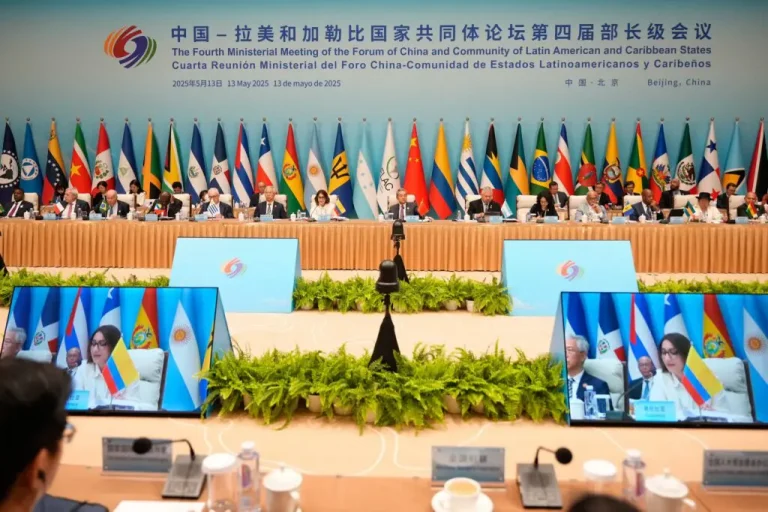Despite The Pain In The World, Socialism Is Not A Distant Utopia
Every morning, I open the newspapers (now on apps rather than print) and read about atrocities taking place across the world. There is an inflation of pain, from the genocide in Gaza to the war in Sudan and the unreported chaotic violence in and around Myanmar. These conflicts seem interminable and might even confuse the casual observer who does not follow them closely.
The current phase of Sudan’s war began in April 2023, with the Sudanese Armed Forces (led by General Abdel Fattah al-Burhan) arrayed against the Rapid Support Forces (led by Commander Mohamed ‘Hemedti’ Hamdan Dagalo).















